Introduction to New Regulations
The Philippine Amusement and Gaming Corporation (PAGCOR) and the Ad Standards Council (ASC) have taken a significant step towards regulating gambling advertisements in the country. They recently signed a memorandum of understanding (MoU) aimed at introducing more stringent criteria for digital and outdoor gambling promotions. This move focuses on the timing, content, and placement of these ads to ensure they do not negatively impact vulnerable sectors of the population, such as minors and families.
Key Provisions of the New Directive
The new directive from PAGCOR includes several key provisions designed to limit the exposure of gambling advertisements to the general public, especially in areas where children and young people are likely to see them.
- Removal of Out-of-Home Ads: All out-of-home (OOH) gambling ads, including billboards, vehicle wraps, transit ads, and other public placements, are to be removed on or before August 15, 2025. Thismove is intended to reduce the visibility of gambling promotions in public spaces.
- Restrictions on Primetime Television Hours: Gambling advertisements are prohibited from airing during primetime television hours, which are between 5:30 PM and 8:00 PM. This restriction is aimed at preventing young people from being exposed to these ads during peak viewing hours.
Reaction from Advocacy Groups
The move has been welcomed by online gambling crusaders, including Capstone-Intel, an organization headed by Atty. Nick Conti. Capstone-Intel had previously expressed concerns about the unregulated expansion of gambling content in both digital and physical spaces. Atty. Conti praised the measure as a necessary assertion of state oversight, especially in an evolving entertainment landscape. He commended PAGCOR Chairman Alejandro Tengco for his decisive and forward-looking policy regulating gambling advertisements, marking a critical step in promoting responsible gaming.
Protecting Vulnerable Sectors
At the heart of this new directive is the protection of vulnerable sectors, particularly minors and families. By limiting the exposure to gambling ads, the government aims to prevent the normalization of gaming in public spaces and digital environments frequented by young people. This approach is seen as a strong policy signal, ensuring that the promotion of gaming does not overshadow the government’s obligation to uphold public interest.
Industry Response
The directive has already prompted responses from industry stakeholders. GCash, a widely used digital payment platform in the country, has removed clickable gambling ad links within its app environment. Additionally, GCash has enhanced its responsible gambling reminders and partner compliance requirements. This swift alignment with the new guidelines is seen as a positive example of public-private synergy, necessary for ensuring ethical innovation and consumer protection.
Supporting Balanced Regulation
Capstone-Intel, which has conducted surveys on the online gaming industry, continues to advocate for a balanced and principled approach to gaming regulation. This approach allows for economic activity to flourish while ensuring social responsibility. By supporting such measures, Capstone-Intel affirms its commitment to monitoring digital behavior and regulatory trends across fintech, gaming, and advertising sectors.
Conclusion
The new regulations on gambling advertisements in the Philippines mark a significant step towards promoting responsible gaming and protecting vulnerable sectors of the population. With the removal of out-of-home ads, restrictions on primetime television hours, and the proactive response from industry stakeholders like GCash, the country is moving towards a more regulated and socially responsible gaming environment. This shift is crucial for balancing economic growth with social welfare, ensuring that the benefits of gaming and entertainment are enjoyed without compromising the well-being of individuals, especially minors and families.



